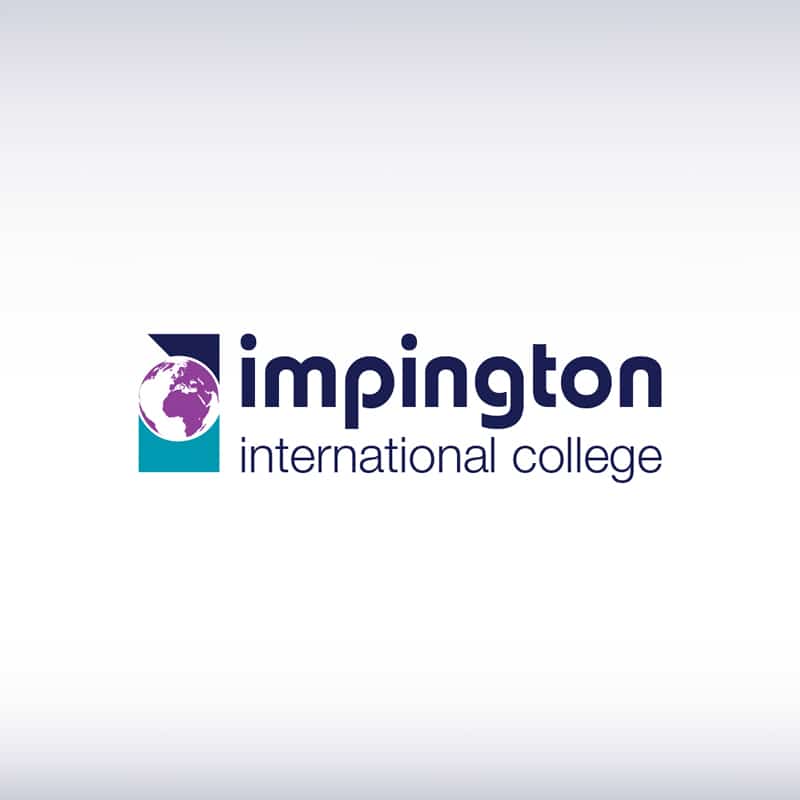
Jo Sale, Vice Principal, Impington International College
In a recent report, the think-tank EDSK shared that it believes A-Levels are too narrow for students studying at sixth form and that “rather than narrowing choices down to three A-Level subjects at the age of 16, [a baccalaureate style education] would allow students to retain more breadth in their studies and only gradually specialise.” Not only do I whole-heartedly agree with this statement, but it is something that we have ensured at Impington International College for the past 30 years by offering the International Baccalaureate (IB). I believe that there is no comparative qualification.
Why? The IB Diploma Programme (DP) does not require students to give up on subjects at age 16, and its students, therefore, have a huge advantage at the end of sixth form. Not only do DP students study six subject areas but they are also asked to consider the links between them, developing not just depth and breadth of knowledge but also an understanding of how to apply that knowledge. In particular, the Theory of Knowledge (TOK) course (one of the key components of the DP core and mandatory for all students) provides students with a toolkit of critical evaluation skills and bridges the gaps between subjects; asking important questions about how, why, where and what students know. Whatever paths our students take following their time spent with us will inevitably involve more than one subject discipline, and it is the strongest students who see how one of their subjects dovetails with the rest. This is a fundamental understanding for adult life and TOK allows the divisions between subjects to be pushed apart and relinked together. With this in mind, I strongly believe that all students should be taught TOK.
The TOK course is what it says on the tin. It focuses on critical thinking and enables students to develop the capacity to question, to evaluate and to become aware of how they question and think. The course materials ask students to investigate a number of huge concepts and to take an in-depth look at why we think a certain way about them. Through this exploration, TOK is far better preparation for life than any other element of the programme, and more so than any other academic subject. While A-Levels are linear, with no links between subjects, and often with teachers only giving students the information needed to pass an exam, TOK supplies students the skills needed for them to be successful in many disciplines and in turn, sharpens their understanding of other subjects.
This ability for students to question their own perspectives is also particularly key in today’s society with the rise of fake news and important conversations about topics surrounding race, gender and sexuality. TOK ensures that, as teachers, we do not shy away from these topics with our students and allows us to frame their understanding of the value of holding meaningful and powerful conversations, while acknowledging that differing opinion doesn’t mean wrong opinions; it is the ultimate in inquiry-based learning. What other educational offerings give you the tools and ability to do this? None that I’m aware of.
Encouraging my students to pull apart well known, revered knowledge is a fundamental part of my TOK lessons. Our classrooms are very interactive and I make sure that I have created a safe environment where students feel comfortable talking about anything and everything. Allowing the talk to run freely, and being able to manage it is key, while getting perspective from everyone in the room. Recently, we have explored the topic of gender bias and its effect on knowledge, debating whether neutrality is possible in verbal and non-verbal language by looking at the recent emergence of gender-neutral emojis. We always deliberate topics from different areas of knowledge, again, linking back to the variety of subjects that students are studying throughout their school day.
All of these conversations give our students the confidence and ability to express an opinion. When speaking to our alumni, I always ask them “what is a highlight of your time spent with us?” and more often than not, they say it is the TOK course; they are always so proud of what they have achieved. This confidence is also vital when our students move to higher education and it will often be people who have studied TOK that are the first to eloquently speak up in university seminars, not to mention the world of work.
How students engage and grow as humans throughout the TOK course directly links to the IB’s mission statement and learner profile – developing open minded individuals who understand, appreciate and are open to the perspectives, values and traditions of others. There is no equivalent to TOK and it cannot be compared. Those who are not studying the course are missing out on the vital skills that they need to develop as well-rounded people and the lessons that they can take with them beyond the school gates.
